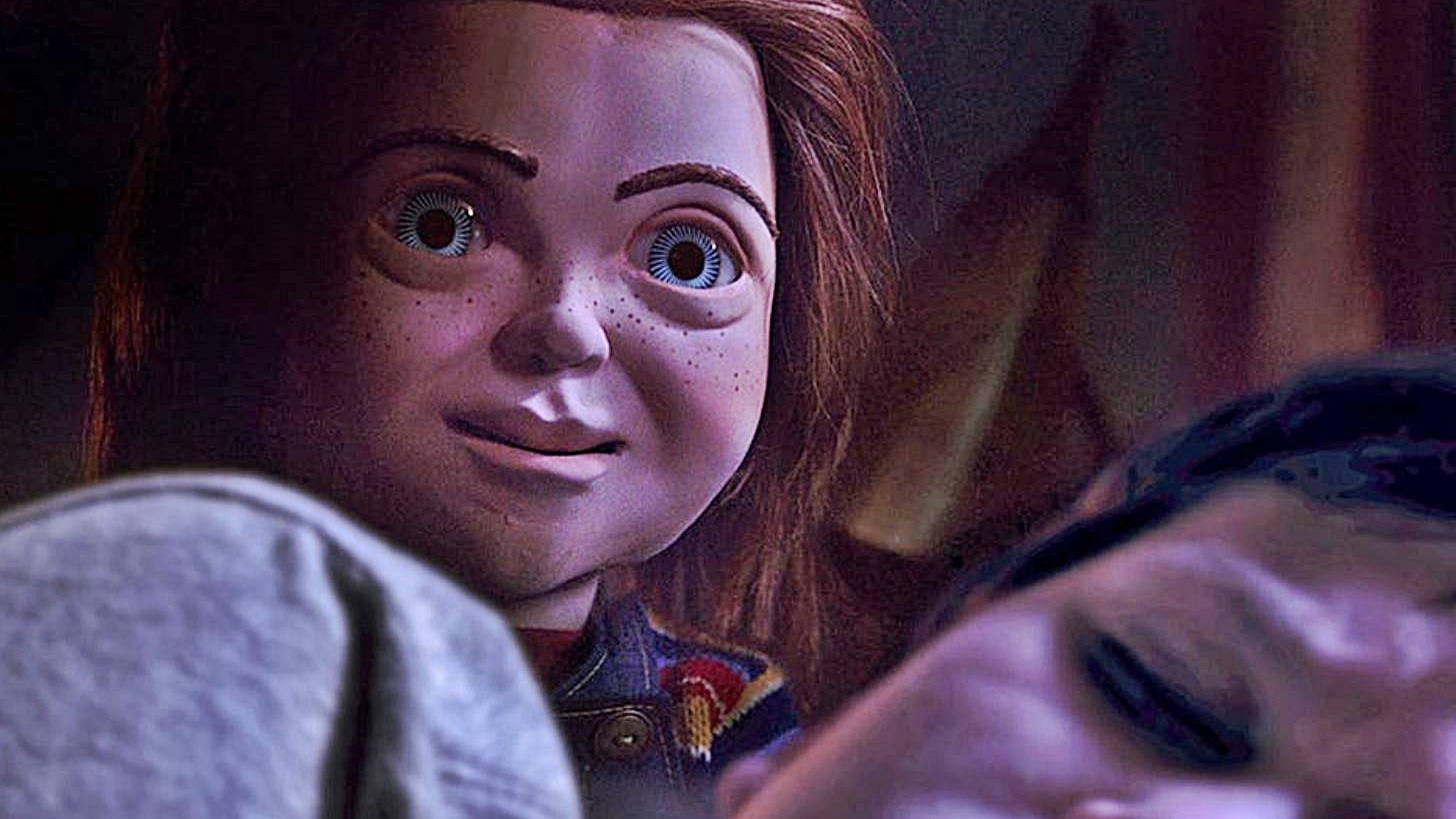Review: Toy Story 4
Beginning with the initial announcement of Toy Story 4, much was made of whether this movie was necessary or not. Aside from the fact that no movie is truly necessary, this can be an interesting question when regarding a series of films, especially those as highly regarded as the Toy Story franchise. This is doubly (triply?) true when the third in the existing trilogy, which historically has been a stopping point, is so well received not only financially, but critically. Seemingly in response to viewers finding the ending of the third film perfect, among its many themes, Toy Story 4 discusses the importance of knowing your worth and moving on to the next phase when it is time. The cynical viewer may see this as simply a cash grab, but Toy Story 4 has more on its mind than your wallet. And just as important, it is worth your time and money, regardless of your age bracket.
Minus one flashback, the plot picks up pretty much where Toy Story 3 left us, with the toys moving on to a new child in Bonnie. Our favorite cowboy, Woody (Tom Hanks) is in a position familiar to viewers: his role has been shunted to the side. This time it is not due to a new fancy toy, but because he is in a new home with a new child. So, the power structures in this child’s toy closet are inherently different. Given these similarities, it would be easy for Pixar to make a simply entertaining film that rehashes old thematic elements. But Toy Story 4 feels more expansive in its world and more subtle in its character’s machinations. The supposed villains are fairly obvious from their introduction but there are surprises in store for their arcs. This is definitely a departure from Sid, Stinky Pete/Al, and Lotso from the previous three iterations of Toy Story. And the world is not the only thing expanding. If you, like many, rewatched the previous installments before heading out to the theater, yet another leap in technology is evident. This can be jarring, just as it may have been between previous films, but this is the very nature of this style of animation and the eyes will adjust.
That expansive world, serviced by the family going on a road trip in an RV, creates numerous opportunities for our heroes to take risks and create possible scenarios for them to be separated. So, if you are looking for another adventure solely focused on the friendship of Woody and Buzz Lightyear (Tim Allen), you may be in for a bit of a surprise. Instead, the focus is on a new character, Forky (Tony Hale), a mildly terrifying creation of Bonnie who becomes a toy and does not seem to understand that he is one. This may sound similar to the plot of the original film, but his struggle is quite different and more existential than that of Buzz in Toy Story.
All of this may sound like a lot of depth for a children’s movie, but there are plenty of laughs to be had. Forky’s repeated focus on being trash and his journey towards accepting being a beloved toy offers genuine belly laughs, from young and older audiences alike. Plus, the appearance of Duke Caboom (Keanu Reeves) as a daredevil toy is a true highlight. It is a strange decision, given the mega success of this franchise, to focus on new characters such as these, as well as Ducky (Keegan-Michael Key) and Bunny (Jordan Peele), while many return characters are relegated to one spot, worrying about the toys in danger. But in many ways, this is a film about that transition and role change.
This is effectively highlighted by the long-standing relationship between Woody and Bo Peep (Annie Potts). Throughout the franchise, she has pushed Woody out of his comfort zone, but this dynamic is intensified here. And importantly, it is not simply played for laughs. There is genuine drama due to their differing viewpoints and life experience. If anything, it becomes clear that Woody has not grown all that much over three films and he is forced to answer some difficult questions about himself. The interplay between these two offers fertile ground to discuss many themes, including nobility, self-care, and empathy for those less fortunate than ourselves. Because of these sub textual discussions, the ending remains in doubt, basically until the final frame, which is a welcome change for adults who enjoy these children’s movies.
So, is this a stopping point? Is it time for Toy Story to move on? The perhaps maddening answer is maybe. Given the ending (no spoilers here), the world of Toy Story is forever changed and there does not seem to be any going back on that. But the previously mentioned focus on new characters could lead to new adventures, if Pixar wants to extend this further. The writers clearly have more on their minds than simple, straightforward entertainment, so the possibilities seem endless. If you are among those that find the idea of this film pointless (while enjoying the other three), there is still worth in Toy Story 4 and it may change your mind regarding this franchise’s ability to surprise and expand upon itself. Not too shabby for a franchise that started with a simple story about toys coming to life when we aren’t watching. As we age with this franchise, our world and theirs continues to expand. Maybe not to infinity and beyond, but close.














